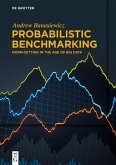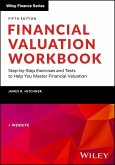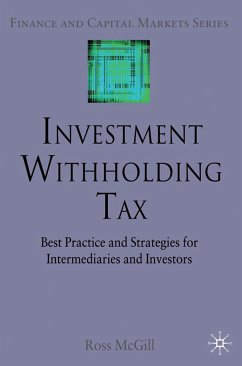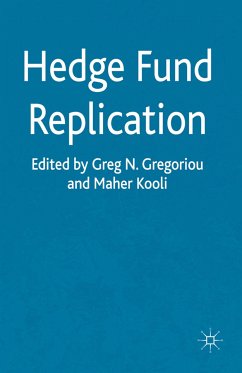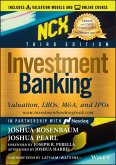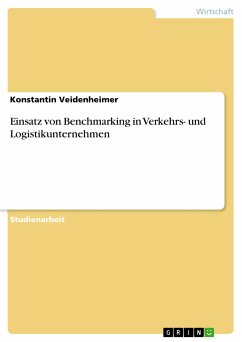Inspired by these observations, Probabilistic Benchmarking frames the notions of benchmarking and baselining as two complementary but distinct mechanisms of comparative assessment that make use of informational contents of organizational data to contribute unbiased, systematic, and consistent evaluation of outcomes or states of interest. In that general context, this book provides much-needed conceptual and methodological clarity to guide construction and use of benchmarks and baselines, and re-casts the idea of assessment standards in the context of data-derived estimates, to better align the practice of comparative assessment with the emerging realities of the Age of Data.
This pioneering research-based but application-minded book bridges the gap between theory and practice. It will greatly benefit professionals, business students and others interested in the broad domain of organizational assessment.
Dieser Download kann aus rechtlichen Gründen nur mit Rechnungsadresse in A, B, BG, CY, CZ, D, DK, EW, E, FIN, F, GR, HR, H, IRL, I, LT, L, LR, M, NL, PL, P, R, S, SLO, SK ausgeliefert werden.



